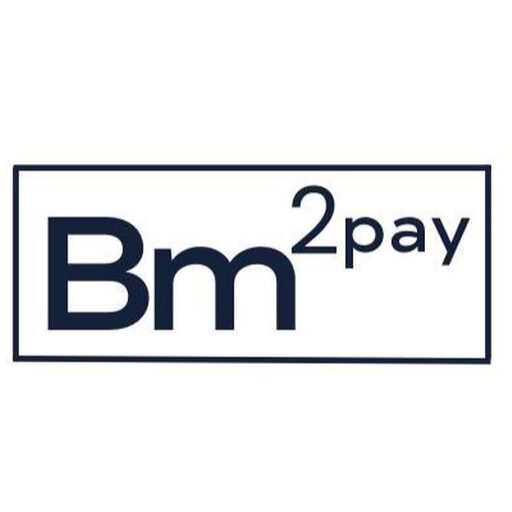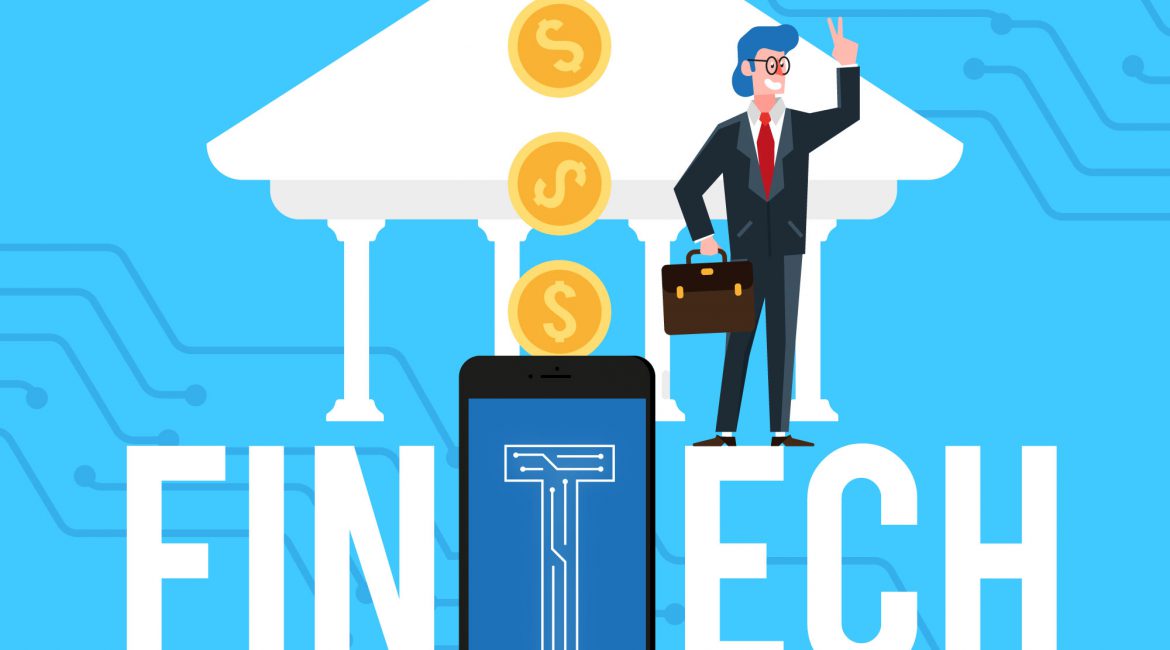A bank wire is an electronic message system, which enables banks to communicate regarding various actions or developments connected to client accounts. A wire transfer, on the other hand, constitutes the electronic transfer of funds across a network, which may contain a large global group of bank administrators. Wire transfers...
Your Guide to Basic Terms in the Banking Sector
If you are just starting out as an online or in-store merchant, there is a lot to learn about banking and money transfers, payment methods, cross-border transactions, regulations, local currencies and more. In this post we will introduce you to some of the terminology used regularly in the banking sector. ...
SEPA
The European Union (EU) created SEPA (Single Euro Payment Area) as a payments ecosystem which regulates how cashless payments are transacted between Euro countries. European consumers, businesses, and government agencies that make payments via direct debit, credit card or through credit transfers use the SEPA system. In the designated zone,...
EMI
The Electronic Money Institution (EMI) supplies licenses for issuing electronic money. It allows certain entities to issue their own currency, which can be used outside the location of the payment system. It can also be converted to other currencies and service third-party payments. In addition, the EMI license allows the...
CORRESPONDENT BANK
Correspondent banks are financial entities that serve as agents on behalf of other financial institutions, often foreign banks. Correspondent banks may handle foreign exchange, manage international investments, facilitate international trade and provide other services to the foreign bank in exchange for a fee. Foreign banks avail themselves of the services...
VIRTUAL IBANs
An IBAN (International Bank Account Number), is a virtual account issued by a bank, which enables the account holder to receive incoming payments and reroute them to a real bank account. Virtual IBANs provide all the functionalities of traditional bank accounts such as sending and receiving payments, bank statements, and...
SWIFT CODE
The SWIFT code of the Society for Worldwide Interbank Financial Telecommunication is an internationally-recognized identification code for various banks around the world. SWIFT codes are generally used for international wire transfers, and are comprised of 8 or 11 alphanumeric characters. If you plan to send money to an entity overseas,...
How Open Banking is Kicking Off New Fintech Initiatives
Much has been said about the disruptive role that fintech companies will play once open banking becomes obligatory throughout the EU, and more widespread in the UK. Fintech pioneers are already offering a wide range of services for different niches and verticals connected to various aspects of banking and finances. What kind...







